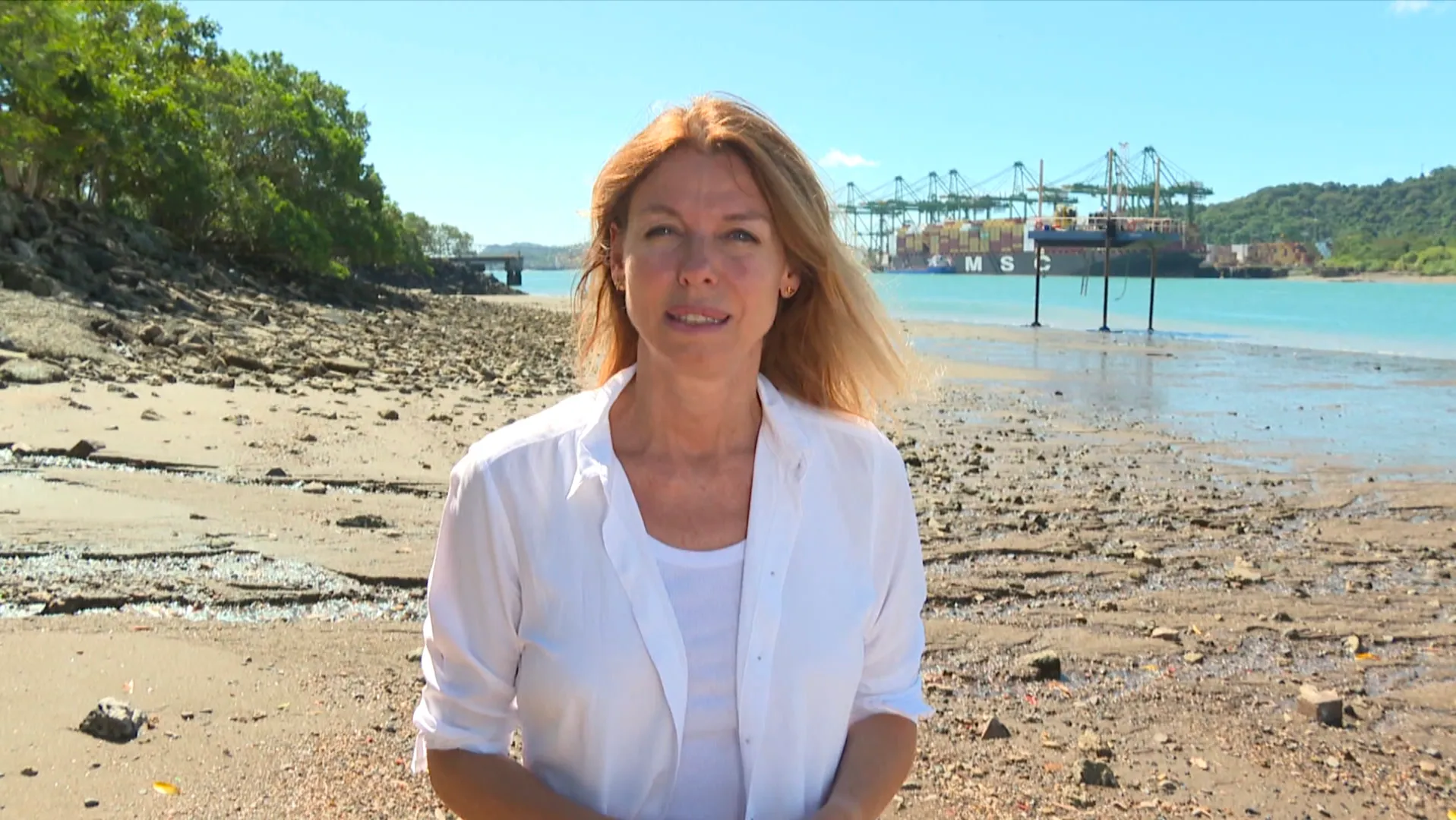US pressure mounts at Panama Canal over Venezuelan oil shipments | US-Venezuela Tensions
The Panama Canal has become the focus of increased US pressure as the Trump administration tries to curb Venezuelan oil shipments. Al Jazeera’s Teresa Bo breaks it down.
Published On 6 Jan 2026
